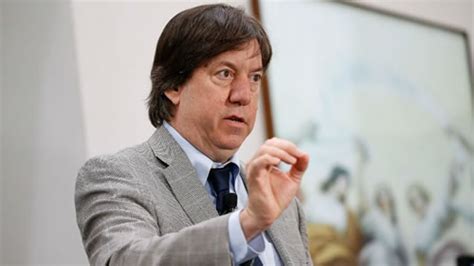A Quote by Richard Thaler
If we think that high marginal tax rates are bad because they distort incentives, the same is then true for tax subsidies.
Related Quotes
If top marginal income tax rates are set too high, they discourage productive economic activity. In the limit, a top marginal income tax rate of 100 percent would mean that taxpayers would gain nothing from working harder or investing more. In contrast, a higher top marginal rate on consumption would actually encourage savings and investment. A top marginal consumption tax rate of 100 percent would simply mean that if a wealthy family spent an extra dollar, it would also owe an additional dollar of tax.
Tax rates aren't everything with regard to incentives to work. I would probably work at a 100% tax rate next to a nude modeling studio. I'm joking, but you know what I'm saying. There's a lot more to it than just tax rates. It's economics that I do; I don't do nude modeling studio economics. People do respond to taxes.
We need to lower tax rates for everybody, starting with the top corporate tax rate. We need to simplify the tax code. The ultimate answer, in my opinion, is the fair tax, which is a fair tax for everybody, because as long as we still have this messed-up tax code, the politicians are going to use it to reward winners and losers.




































